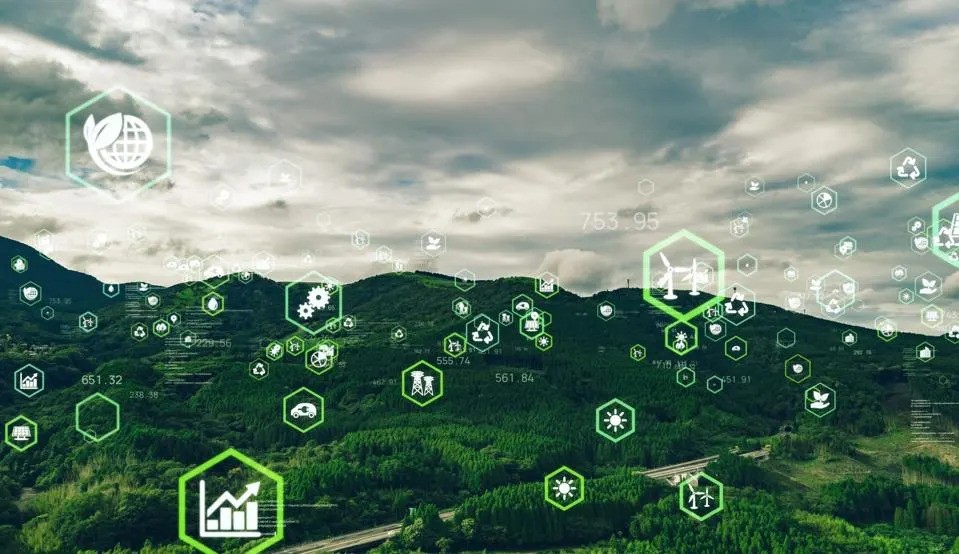
In the past few weeks, alarming news has filtered in about data breaches impacting both government agencies and private communities. On June 26th, 2024, reports emerged of an alleged data breach at the Nigeria Identity Management Corporation (NIMC), the government body responsible for managing the country’s identity data. Just a week prior, my own postgraduate university alumni WhatsApp group fell victim to a hack, where the culprit took down the entire admin and deleted every message intended to alert members.
These incidents are concerning, not just for the loss of sensitive personal information, but also for their potential connection to the difficult economic situation unfolding. While I don’t want to excuse criminal behavior, it’s undeniable that meeting basic human needs is becoming increasingly out of reach for many. We’ve seen farmers abandon their lands due to growing insecurity – a troubling trend that begs the question, can we look to more sustainable, localized food production to ensure our communities can at least meet their most essential requirements?
Amidst these challenges, the need to improve data security and protect individual privacy has never been more urgent. As we grapple with the fallout from the NIMC breach and the alumni WhatsApp hack, it’s clear that a comprehensive, sustainable approach is required to safeguard our digital assets.
Interestingly, the principles of sustainability reporting may hold valuable insights for addressing these data-related issues. Sustainability reporting, which covers a company’s environmental, social, and governance (ESG) performance, can provide a framework for enhancing data privacy and security.
For example, the increased transparency mandated by sustainability reporting can extend to an organization’s data management practices, allowing stakeholders to better understand how sensitive information is being protected. Additionally, the risk management aspect of sustainability reporting encourages companies to identify and mitigate threats, including those posed by data breaches and cyber attacks.
Furthermore, the stakeholder engagement component of sustainability reporting can enable meaningful dialogue around evolving expectations and concerns related to data privacy. By addressing these stakeholder needs through their sustainability efforts, organizations can demonstrate their commitment to data protection and strengthen their overall data governance practices.
As we navigate this rapidly changing digital landscape, integrating sustainability principles into our data management strategies may be the key to safeguarding our personal and organizational information. By embracing a holistic, sustainable approach, we can not only improve data security, but also foster a more resilient and equitable future for all.



